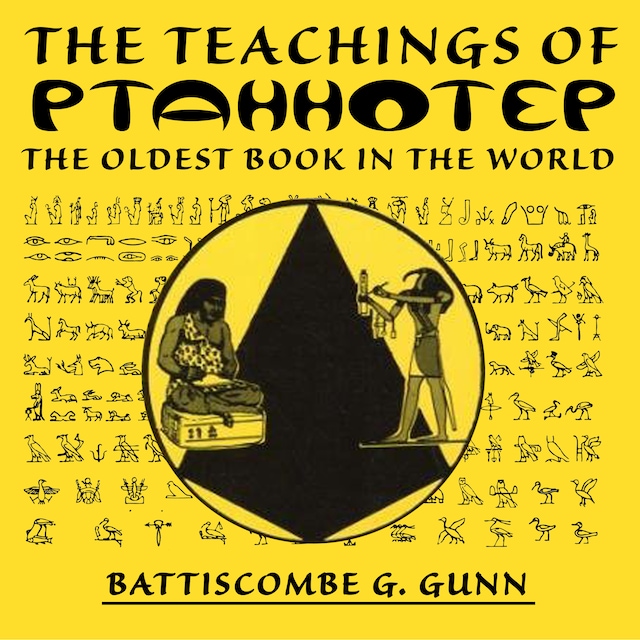
Teachings of Ptahhotep
Description of the book
"The Teachings of Ptahhotep" is an ancient Egyptian text from the Fifth Dynasty, attributed to Ptahhotep, a wise vizier who served under Pharaoh Djedkare Isesi around 2400 BCE. Written in Middle Egyptian and inscribed in hieratic script, this work is one of the earliest and most influential pieces of wisdom literature in human history. The text is a compilation of maxims and moral instructions aimed at guiding individuals on how to lead a virtuous, ethical, and successful life. Ptahhotep's advice covers a wide array of topics, including the principles of effective leadership, the importance of justice and fairness, the virtues of humility and patience, and the necessity of showing respect and consideration towards others.
The teachings place a strong emphasis on ethical conduct and personal integrity, advocating for truthfulness, self-control, and diligence. Ptahhotep underscores the importance of listening and being receptive to advice, stressing that wisdom often comes from experience and the counsel of elders. The text also highlights the value of learning and the continuous pursuit of knowledge as essential components of personal development and societal harmony.
"The Teachings of Ptahhotep" not only served as a guide for individuals seeking to navigate the complexities of social and professional life in ancient Egypt but also provided a moral framework that reflected the broader cultural and societal values of the time. The work's enduring relevance is a testament to its profound insights into human nature and its timeless wisdom. As a significant piece of ancient literature, it offers modern readers a unique glimpse into the ethical and philosophical foundations of one of the world's earliest civilizations.


